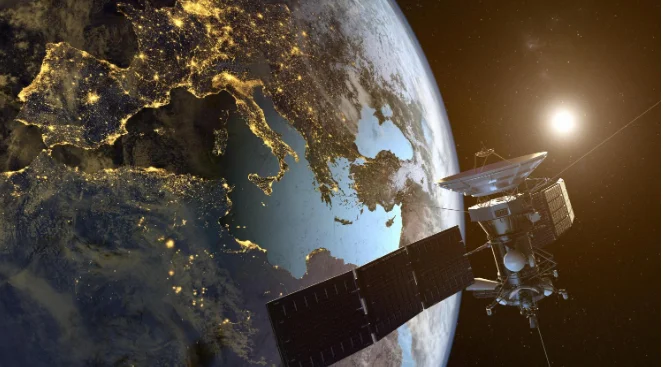
The satellite internet industry has seen a surge in competition, and the latest battleground is Brazil, where Starlink, Elon Musk’s satellite internet service, is facing regulatory challenges. As SpaceX’s Starlink seeks to expand its global presence, Brazil has emerged as a critical market, but it is also proving to be a complex and contested one.
Starlink’s Ambitions in Brazil
Starlink, part of Elon Musk’s SpaceX, aims to provide high-speed internet access to underserved and remote areas around the world. Brazil, with its vast rural areas and challenging geography, represents a significant opportunity for Starlink. The service has the potential to bridge the digital divide in a country where millions still lack reliable internet access.
However, Brazil’s government has raised concerns about the deployment of Starlink’s satellite network in the country. These concerns range from regulatory compliance to potential interference with existing communications infrastructure.
Regulatory Hurdles and Government Concerns
Brazil’s regulatory authorities have expressed reservations about allowing Starlink to operate without strict oversight. The primary concerns include the potential for signal interference with other satellite services and the need to ensure that Starlink complies with Brazil’s telecommunications laws.
Additionally, there are concerns about the broader implications of allowing a foreign company to control such a critical part of the country’s communications infrastructure. This has led to calls for greater scrutiny and regulation of Starlink’s operations in Brazil.
The Strategic Importance of Brazil
For Starlink, Brazil is not just another market; it is a strategically important one. The country’s size, population, and internet access challenges make it an ideal candidate for satellite internet services. Successfully establishing a foothold in Brazil could pave the way for further expansion across Latin America and other emerging markets.
However, the regulatory challenges in Brazil highlight the broader difficulties that Starlink may face as it seeks to expand globally. Different countries have different regulatory environments, and navigating these complexities will be crucial for Starlink’s long-term success.
The Broader Implications for the Satellite Internet Industry
The situation in Brazil is emblematic of the broader challenges facing the satellite internet industry. As more companies enter the market, competition is intensifying, and regulatory hurdles are becoming more prominent. Governments around the world are grappling with how to manage this new industry while ensuring that it benefits their citizens.
For Starlink, the outcome of its battle in Brazil could have significant implications for its global strategy. If successful, it could open the door to further expansion in other countries with similar challenges. However, if the regulatory hurdles prove insurmountable, it could slow down Starlink’s growth and give competitors an opportunity to catch up.
The battle between Starlink and Brazil is a microcosm of the larger struggles facing the satellite internet industry. As the industry continues to grow, these battles are likely to become more common, shaping the future of global internet access.
